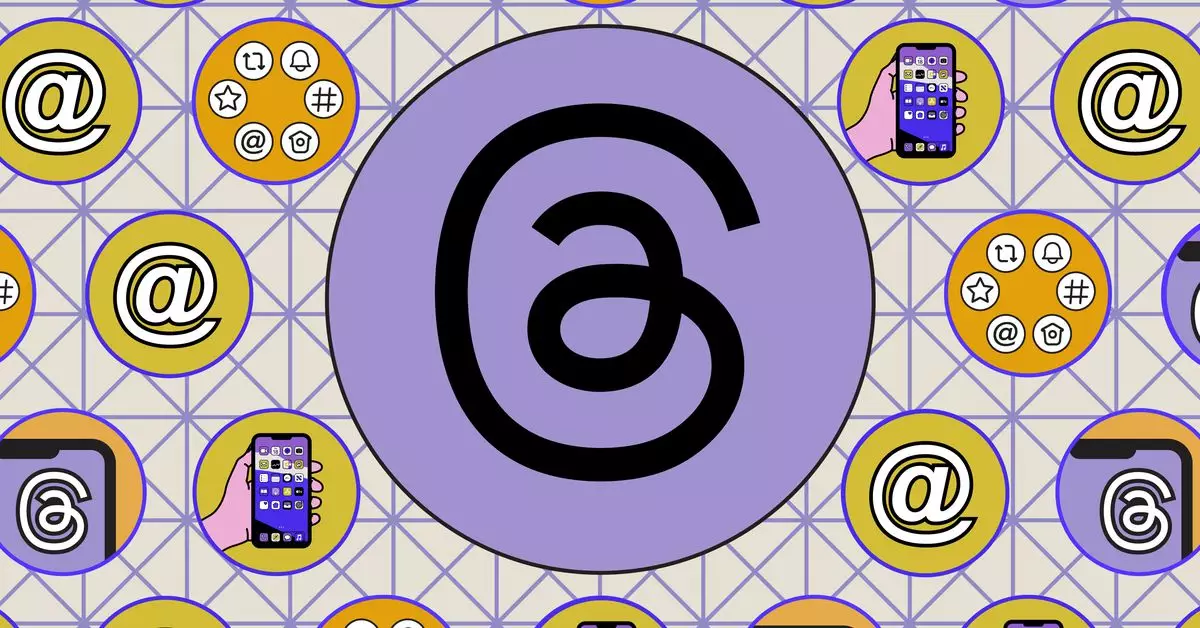In the ever-evolving landscape of social media, the competition between Threads and Bluesky has intensified, particularly in the wake of many users transitioning away from Twitter. For anyone observing this conflict, it’s clear that both platforms are eager to capture the attention of those disenchanted with the microblogging giant. Threads, developed by Meta, has recently introduced a noteworthy feature: sharing photos and videos independent of the original post. This feature pivotally alters user engagement and sharing on the platform, prompting a fresh discussion on intellectual property and content attribution among users.
The ability to share media without including the original context or quote posting is intriguing yet controversial. While some users see this as a manifestation of creative freedom, others raise concerns about the implications for content creators. For instance, one photographer expressed frustration that while there is a subtle watermark crediting the original contributor, there is no direct link to the source, potentially diminishing their visibility and credit in a crowded digital marketplace. This highlights the delicate balance that social media companies must strike between fostering community engagement and respecting the rights of individual content creators.
Curiosity led me to explore Threads’ new functionality personally, guided by community advice. To share an image, users simply long-press the desired photo, triggering a user-friendly menu. The option to post the media alone, devoid of any original posts, reveals a streamlined approach to content sharing. However, the experience is nuanced; although the new post consists solely of the media and the user’s commentary, both the watermark credit and repost count serve as silent annotations to the original content. I discovered that tapping the watermark provides direct access to the original post, bridging the gap between independent sharing and attribution, albeit in a less obvious manner.
Recognizing that preferences vary among users, Threads also allows customization of these settings. By altering specific preferences, users can share original photos or videos with their unique narrative, essentially retaining full control over how their content is framed in the discussion. This customization option might assuage some concerns while empowering users to engage creatively without compromising on their content’s ownership and visibility.
The Future of Content Sharing
As both Threads and Bluesky continue to roll out features in an effort to attract ex-Twitter users, it remains essential for them to address the intricate intersections of content sharing, attribution, and user empowerment. The ongoing software updates signify a thrilling yet precarious future in social media, where platforms must adapt to user needs while ensuring that creators receive rightful acknowledgment. As we await the next moves in this digital battleground, the evolution of sharing practices will undoubtedly provoke further conversations on ethical engagement within the realm of social media.

